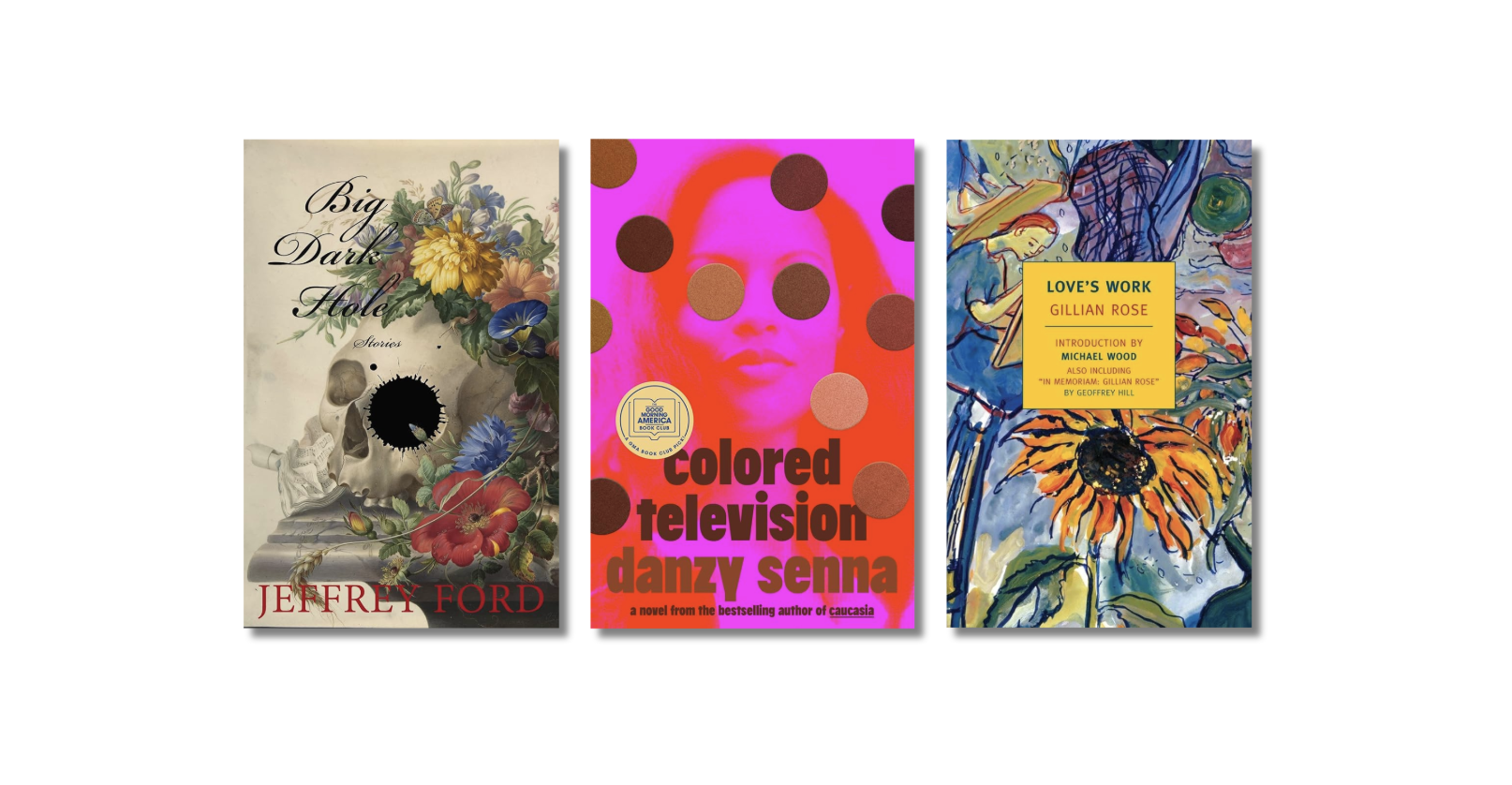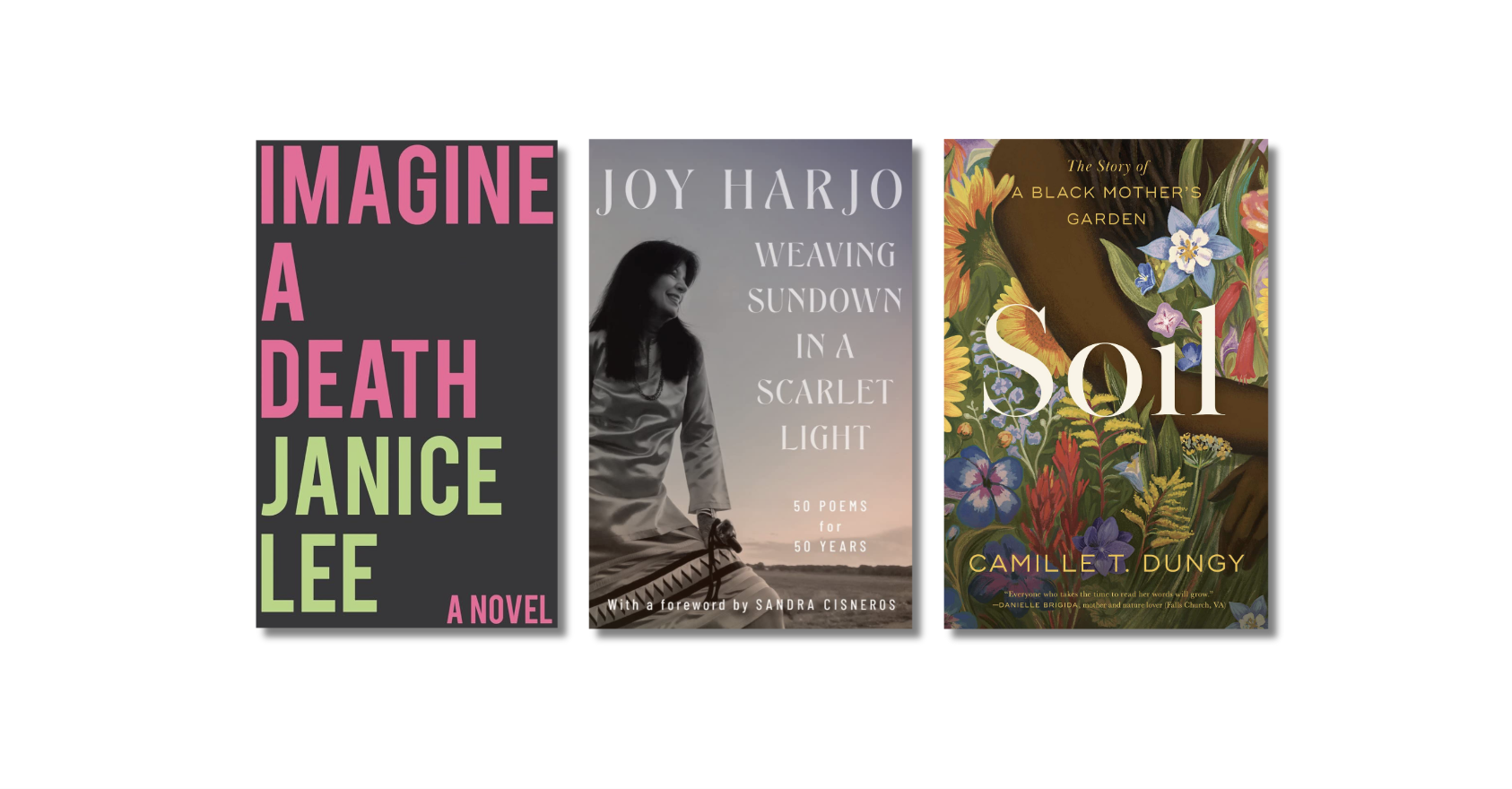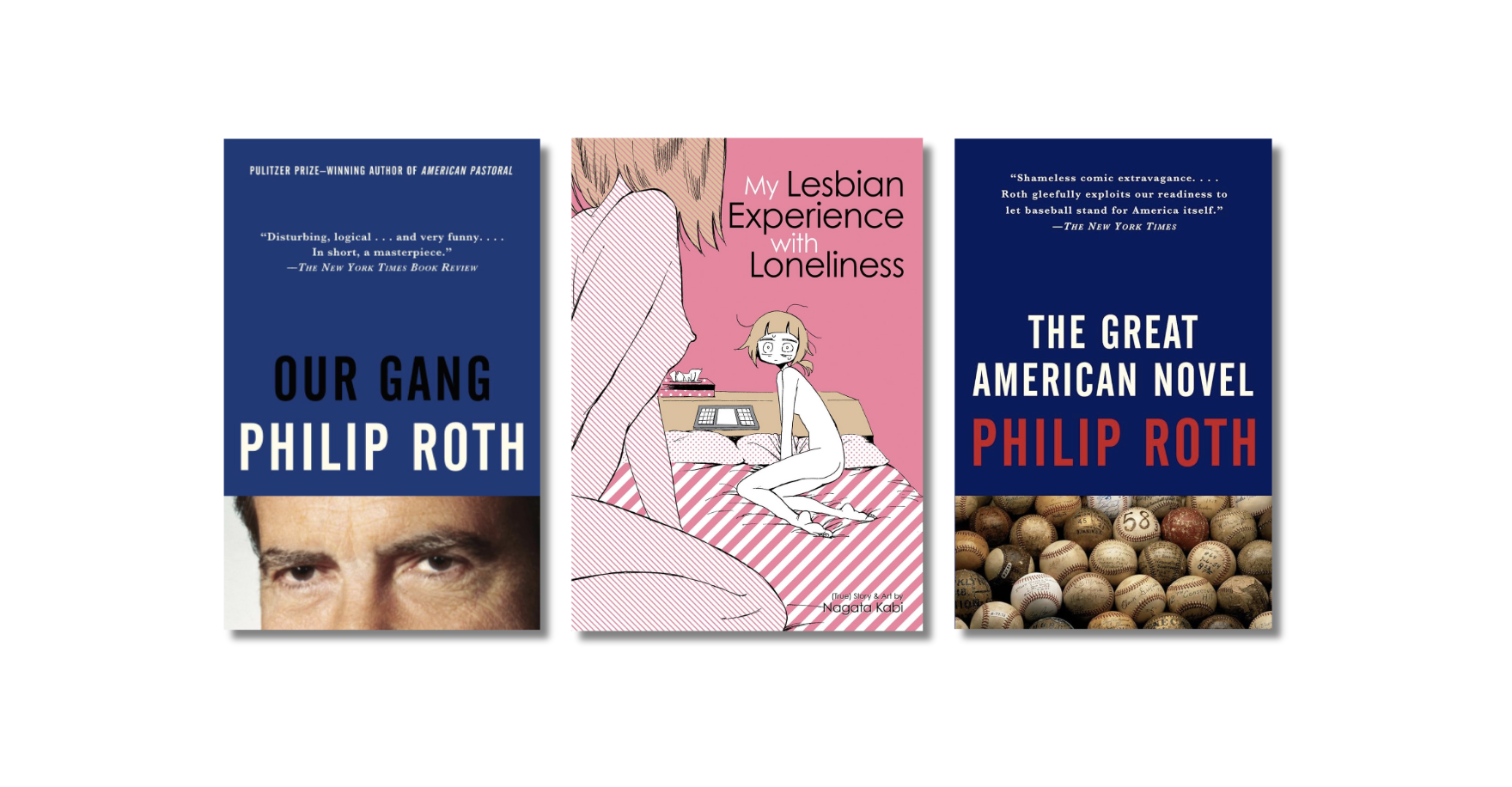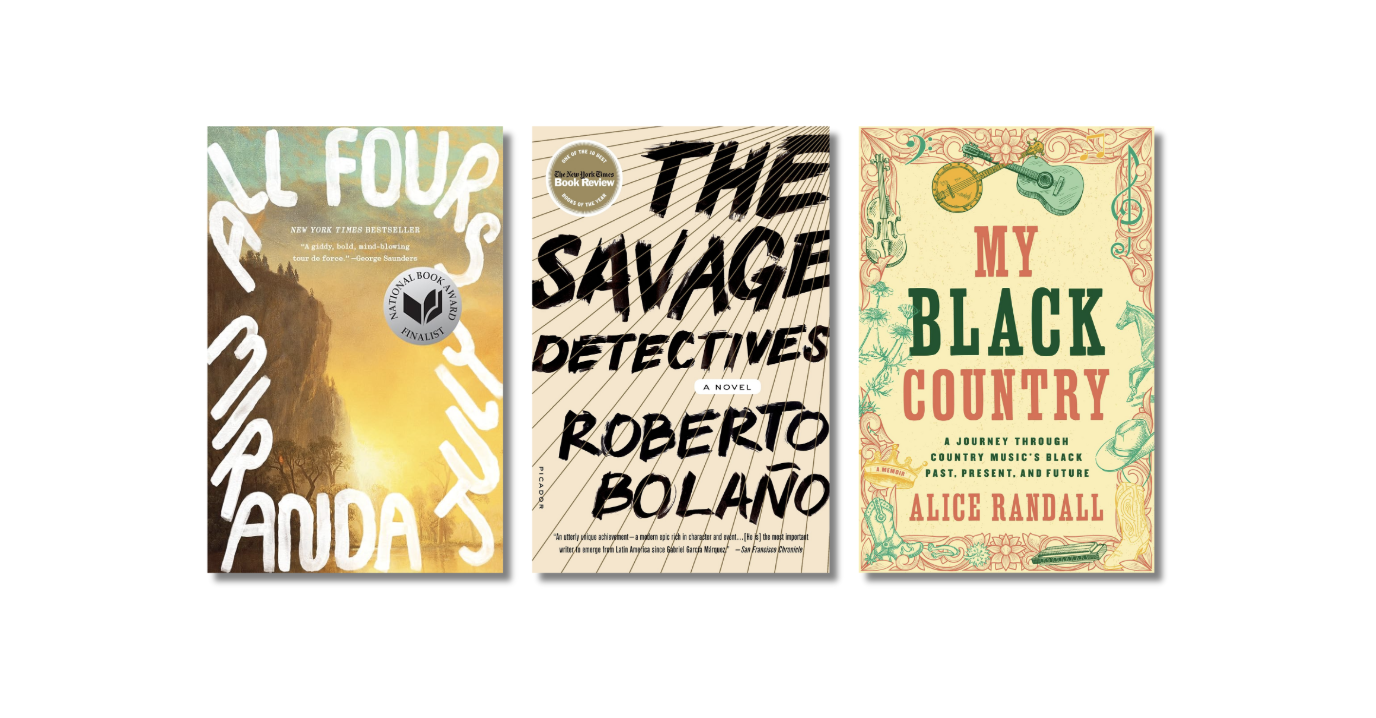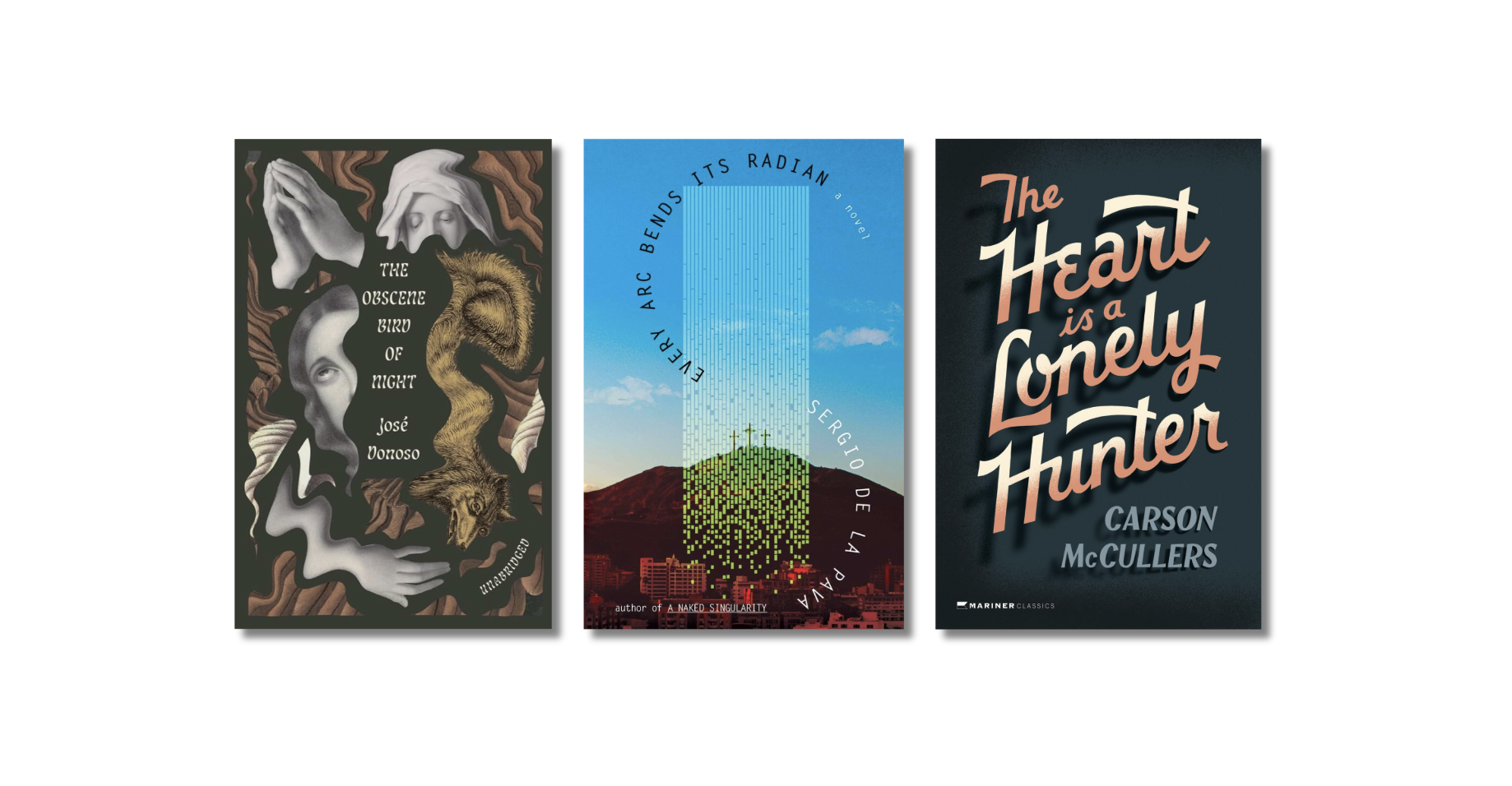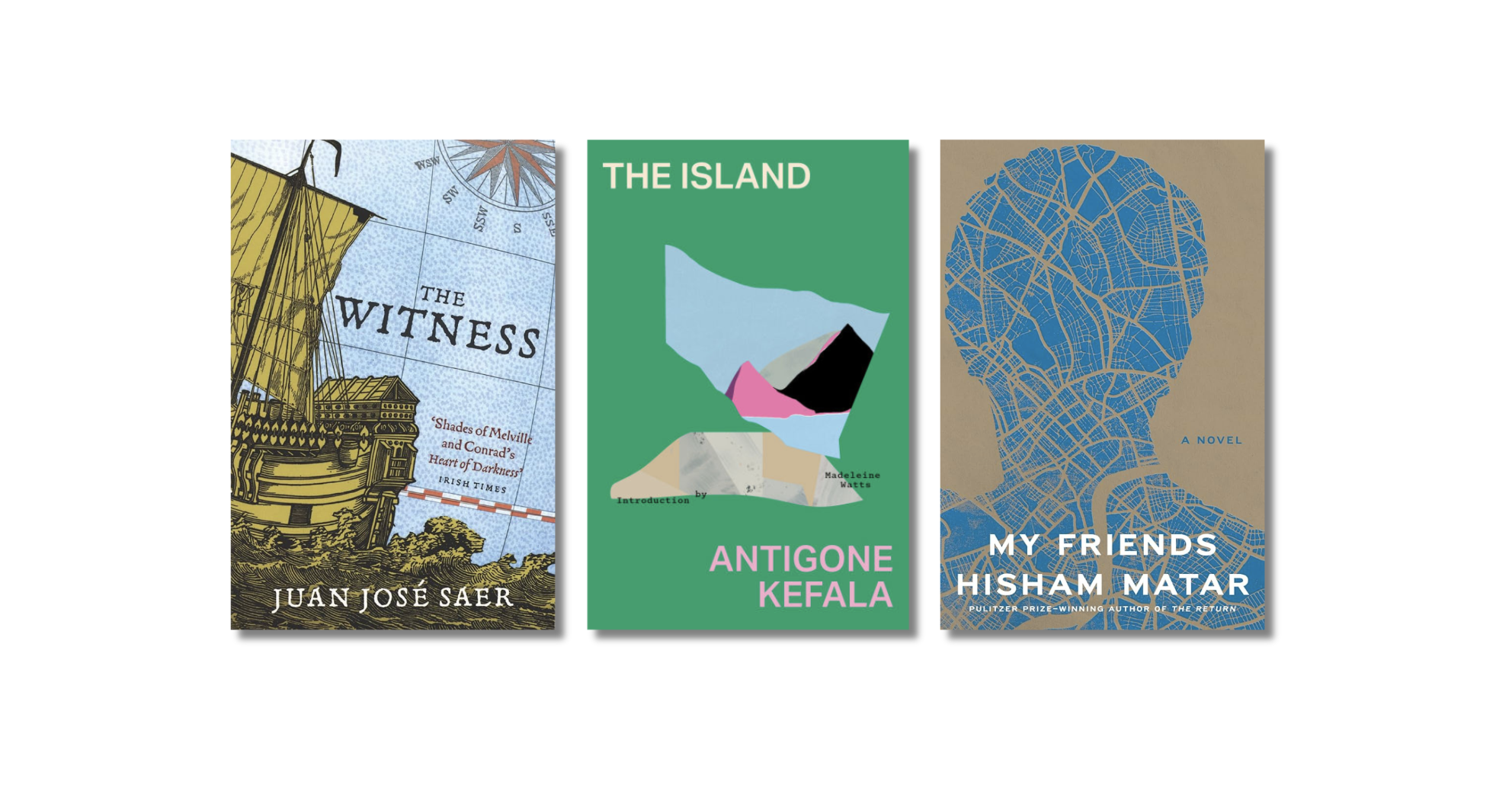In “Theses on the Philosophy of History,” Walter Benjamin famously writes of history as one long catastrophe, an atmosphere we continue to breathe in. “The tradition of the oppressed teaches us that the ‘state of emergency’ in which we live is not the exception but the rule…The current amazement that the things we are experiencing are ‘still’ possible in the twentieth century is not philosophical.” In the most often-cited thesis, Benjamin offers an image of catastrophe as physical and devastating, a continuous process of ruin blowing against a body. “This is how one pictures the angel of history… Where we perceive a chain of events, he sees one single catastrophe which keeps piling wreckage upon wreckage and hurls it in front of his feet.” Our happiness, Benjamin muses, “exists only in the air we have breathed, among people we could have talked to.” The idea, needless to say, has gained new relevance in the age of aerosols and droplets, of mass death and the fears of proximity. The air we breathe in has never seemed so central to our health and happiness. Benjamin and his wife survived the 1918 influenza epidemic, though I don’t know how much was known about transmission in that time.
In the early months of the pandemic, I didn’t know yet to be worried about aerosols. Like the rest of the country, I was still in a deep antagonism with surfaces, wondering whether I could infect myself with coronavirus if I touched a doorknob and then my pillow. But it was clear that something was crumbling, that it would not be solved easily, and (so?) I found myself deep in the work of Jewish philosophers writing during the Holocaust.
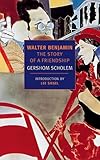
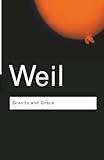 It seemed perverse to want to read about historical devastation when there was so much right around me. Why pick now to develop an obsession with the Holocaust? Yet it was strangely comforting to read things that had been written in a time of crisis—our inherited crisis, it always seemed growing up, despite the fact that my own family’s link was indirect and generations removed—and yet one that was not this crisis, this unbearable time. Written under the sign of catastrophe, the works, which included Gershom Scholem’s wonderful biography Walter Benjamin: The Story of a Friendship; Benjamin’s “Theses on the Philosophy of History”; and Simone Weil’s Gravity and Grace—all of which carried with them a newly familiar awareness of devastation and breakdown. It was the same old devastation I’d known as a Jewish child growing up in prosperous America, the endless and yet definitely historical loss that unfolded and unfolded, but now newly strange, because it was familiar. As I read about Benjamin’s despair at the increasingly inflated German mark, my best friend texted me from Brooklyn, our hometown, to ask for flour.
It seemed perverse to want to read about historical devastation when there was so much right around me. Why pick now to develop an obsession with the Holocaust? Yet it was strangely comforting to read things that had been written in a time of crisis—our inherited crisis, it always seemed growing up, despite the fact that my own family’s link was indirect and generations removed—and yet one that was not this crisis, this unbearable time. Written under the sign of catastrophe, the works, which included Gershom Scholem’s wonderful biography Walter Benjamin: The Story of a Friendship; Benjamin’s “Theses on the Philosophy of History”; and Simone Weil’s Gravity and Grace—all of which carried with them a newly familiar awareness of devastation and breakdown. It was the same old devastation I’d known as a Jewish child growing up in prosperous America, the endless and yet definitely historical loss that unfolded and unfolded, but now newly strange, because it was familiar. As I read about Benjamin’s despair at the increasingly inflated German mark, my best friend texted me from Brooklyn, our hometown, to ask for flour.
 I didn’t read survivors. For some time I’d found it difficult to think or talk about the Holocaust head-on at all. I was struck by an essay-review in Jewish Currents in which Helen Betya Rubinstein writes, of Sheila Heti’s most recent novel, that “Motherhood is a book written around, or about, the Shoah.” Although the novel seemed to conflate a family curse with the Holocaust, Rubinstein noted, it also refused or was unable to make this connection in explicit terms. Could it be that it was no longer possible to write about the Holocaust in this explicit way? Was it necessary to write about it only subterraneously, lightly, glancingly—as though catching something off guard? And is this always true of devastation? (The articles have already been written about the strange absence of the 1918 flu in literature of the time and after.) Rubinstein fears “that the body of literature about the Shoah has too much saturated the culture, and is too full of errors and missteps, to withstand another, divergent attempt;…that it’s impossible to refer to that history without carrying the weight of all the ways the story’s already been told, including the ways it’s been misrepresented, manipulated, and abused.”
I didn’t read survivors. For some time I’d found it difficult to think or talk about the Holocaust head-on at all. I was struck by an essay-review in Jewish Currents in which Helen Betya Rubinstein writes, of Sheila Heti’s most recent novel, that “Motherhood is a book written around, or about, the Shoah.” Although the novel seemed to conflate a family curse with the Holocaust, Rubinstein noted, it also refused or was unable to make this connection in explicit terms. Could it be that it was no longer possible to write about the Holocaust in this explicit way? Was it necessary to write about it only subterraneously, lightly, glancingly—as though catching something off guard? And is this always true of devastation? (The articles have already been written about the strange absence of the 1918 flu in literature of the time and after.) Rubinstein fears “that the body of literature about the Shoah has too much saturated the culture, and is too full of errors and missteps, to withstand another, divergent attempt;…that it’s impossible to refer to that history without carrying the weight of all the ways the story’s already been told, including the ways it’s been misrepresented, manipulated, and abused.”
I felt these things too. What I hated in Holocaust literature and film was the American heroism so often implicit in them, the way you needed all those bodies to make an audience feel something. I thought it might help to read philosophy and biography, not memoir or fiction, and so to look sideways without looking away. Benjamin, Scholem, and Weil took their own unusual routes, straight through crisis.
Weil, a secular French Jew who longed to convert to Catholicism, died in a sanatorium, starving herself because, she said, she did not want to eat more than the rations available to the people of France. She was an extreme person whose extremity has engendered imitation and inspiration in the work of Fanny Howe and Chris Kraus, among others, and whose life has often been of greater interest to readers than her difficult work. She didn’t have any recorded romantic or sexual relationships, or children. She held people to sometimes impossibly high standards; she did not like Simone de Bouvoir, one of her few fellow female classmates at the elite university Ecole Normale Supérieure, and pronounced her bourgeois. (In this way of course I also find her charming.) She worked in factories, and taught the children of working people, who often found her bizarre and unrelatable (she was herself bourgeois, in a purely descriptive sense, and they were usually Christians) but lovable. In 1942, she’d gone away to New York, where she was safe, but then came back.
In March, I looked through her signature work, Gravity and Grace, for a useful quote, but it was all about detachment, which seemed impossible if not implausible. I was reading everything out of context. Or more in context than I ever had before? Art, Weil wrote, offers the only consolation we should seek or wish to give: “These [works of art] help us through the mere fact that they exist.” About love: “To love purely is to consent to distance, it is to adore the distance between ourselves and that which we love.” This had never felt truer, as I scanned flight schedules for a plane I wouldn’t take to be with my parents in New York, in the epicenter, an apartment with no room for self-isolation.
“Not to exercise all the power at one’s disposal is to endure the void,” Weil wrote. “This is contrary to all the laws of nature. Grace alone can do it.” At the time, I took this an explanation of what it felt like to obey lockdown instead of exercising whatever power I might have to protect myself and the people around me—that is, to rush to Brooklyn. But Weil herself was always keen to go to where the action was. She went to Spain to fight in the Spanish Civil War, although, once there, she quickly burned her feet outside of active duty and had to be rescued by her parents.
Next I moved to Benjamin, who killed himself while fleeing from France into Spain. Another strange wartime death. He and his group of fellow Jewish refugees had been turned away at the border and would be sent back to Vichy France and the camps shortly. Like Weil, Benjamin has been memorialized as physically awkward and ungainly, almost slapstick in his tragedy; a female acquaintance, according to Scholem, once said of him that he was “so to speak, incorporeal.” His was a tragic death, it has been said, because the officials did not, in the end, send his group back. They suggest that he could have lived, or else that his death was what convinced the Spanish authorities of the seriousness of his group’s crisis, that the storm cloud hovering over their heads was real. A member of the group wrote, in a letter to Theodor Adorno, that she had paid Spanish officials in the area for five years for a gravestone for Benjamin, but when Hannah Arendt went to the site only months later, she found no such marking. Later, when visitors began to come to see the grave, a marking materialized. Gershom Scholem writes thoughtfully and compassionately of his dear friend, who always disappointed him with his ardent promises to turn his attention—soon!—more fully to Judaism and the study of Hebrew. “During that year I thought that Benjamin’s turn to an intensive occupation with Judaism was close at hand,” Scholem writes of 1921. It was not.
What did these works offer me? Something about the authors’ ability to live and work in crisis, a personal crisis in some ways, unevenly distributed as all crises are, although in many other ways a global one. Something about their continued commitment to their work, their continued ability to produce great thought—not that I was capable of deep thought in March or expected to be anytime soon. Something about being myself, as I imagine most of us are, the product of crisis and catastrophe, the child (some generations removed) of those who did not die, people who escaped. Or was this self-aggrandizement, a case of American triumphalism? There were Nazis in the streets and I wanted to know why this was so important to me, what it meant to think about disaster. I wanted to know what history is for, especially but not only Jewish history. Could I use it, and if so, how?
“We experience good only by doing it,” Simone Weil wrote, in a completely different world, in a completely different context, that is also and always our world and our context.
Image Credit: Wikimedia Commons.





